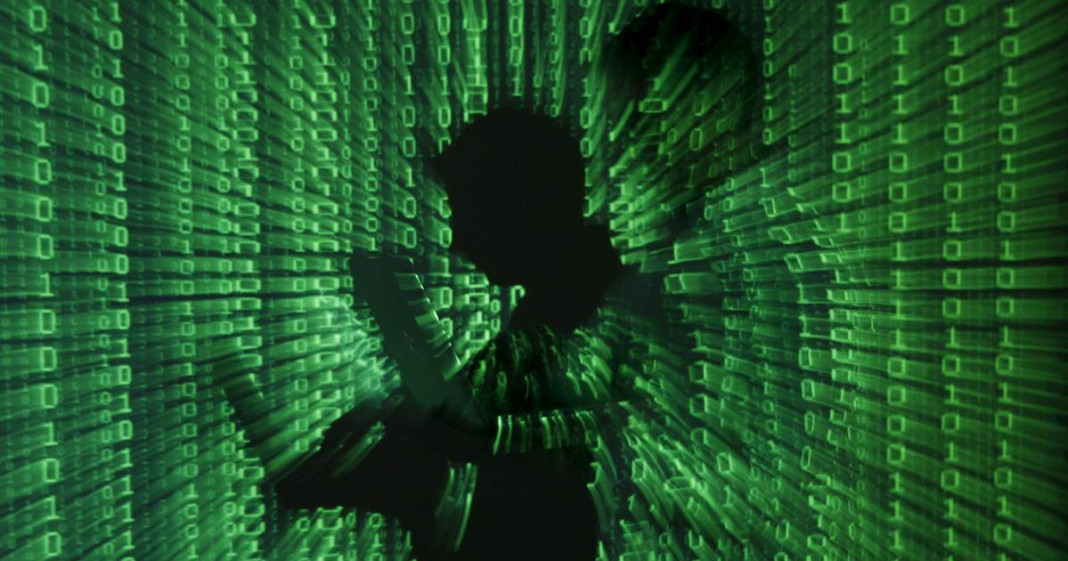If those of us who regularly use the Internet for work, recreation, shopping, and more find ourselves increasingly vulnerable to hackers, malware, spies and cyber-thieves out to steal our personal information, we have U.S. intelligence agencies to thank. Furthermore, those of us who employ encryption methods of our own in order to protect ourselves are considered potential threats to national security.
This isn’t anything new. Agencies such as the CIA and the NSA have been hammering away at Internet security practically from the get-go, four decades ago when the infant computer network was known as ARPANET and was used primarily by academic and scientific organizations.
Those early pioneers were visionaries who foresaw a time when everyday people would be able to access a massive, global network for research, shopping, entertainment, banking, employment, and more. However, they also realized that in order for this to function, there would have to be trust among users. Knowing human nature all-too-well, the creators and builders of the World Wide Web began research and development into ways in which people could preserve their privacy and protect sensitive personal information.
The idea of encryption did not sit well with the U.S. intelligence community. In a paper written in 2003 entitled “Secrets or Shields to Share?”, Professor Jay Stowsky of the University of California Berkeley outlines the history of how intelligence agencies worked to suppress any studies or research into cyber cryptography taking place at academic institutions such as MIT or Stanford University. When they were unable to prevent those efforts at public institutions, they went to Corporate America for help:
“The agency [NSA] struck a deal with IBM to develop a data encryption standard (DES) for commercial applications in return for full pre-publication review and right to regulate the length, and therefore the strength of the crypto algorithm.”
Keep in mind that this was in 1972, at the height of the Watergate scandal that ultimately brought down President Richard Nixon. Researchers at Stanford and MIT were concerned if the federal government was assisting them with the development of encryption protocols, those same federal agencies would have the same codes and access. Thus, they developed their own in the face of opposition from the NSA. Ultimately, the issue wound up in court. Even when the court ruled that researchers had the right to publish information on encryption in the late 1970s, the NSA continued its attempts to hamstring those efforts by getting the National Science Foundation to cut its funding for such endeavors.
The battle has continued ever since. Stymied by both academia and private interests, the intelligence community embarked on its own efforts to break through cyber encryption methods – ostensibly, in order to “protect” Americans from “extremists” and “terrorists.”
Today, according to a 2014 article in the U.K. Guardian, nearly 30% of Internet users around the world have been turning to “anonymity tools” such as Tor and other IP-masking methods in efforts to preserve their privacy online. This all comes at a time when the level of trust in government, corporate institutions, and other web services is falling precipitously. In response, the NSA is targeting Internet users who even do so much as search for information on online privacy, tracking and labeling them as “extremists” and “probable terrorists.”
The NSA has built its own networks in order to conduct mass online surveillance as well as its own hacking software. Except now, it has created its own Frankenstein monster. According to recently released documents from Wilileaks, the intelligence community has “lost control of its arsenal.” As reported in the Independent, that “arsenal” includes,
“…a range of software and exploits that if real could allow unparalleled control of computers around the world…that could allow people to take control of the most popular consumer electronics products used today.”
Those products include smart phones, laptops, and even televisions – all of which can be turned into cameras to spy on you. And now it’s all available to any malicious hacker or cyber-thief in the world who wants to steal your money, your personal records, or simply watch you or destroy data on your hard drive for the fun of it.
Does that fact that the CIA and the NSA are out there protecting you from the terrorist boogeyman make you feel any safer, now?




